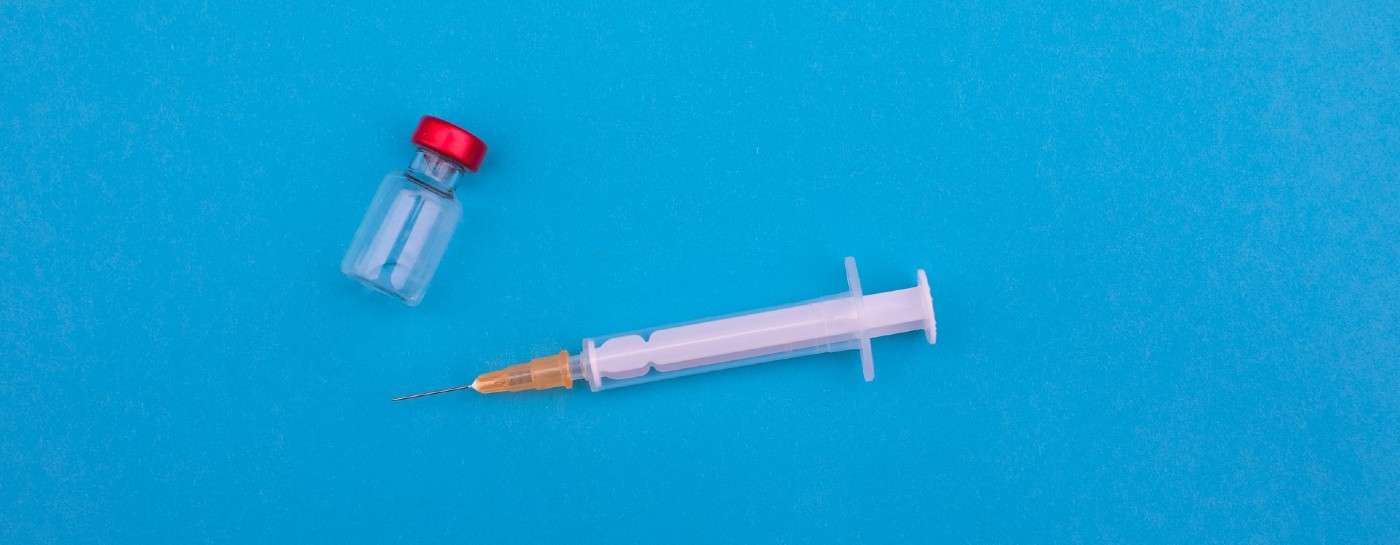You Should Not Be Eating Late at Night: Here's Why and How You Can Avoid it
Eating after dark goes against biology, as day and night strongly govern our metabolic behavior. Here are a few ways to combat this reality.

BioNTech, the German firm which together with Pfizer created one of the COVID-19 vaccines, says they have used the same technology to create a vaccine which delayed the onset and reduced the severity of multiple sclerosis (MS) in mice.
Clinical trials published in Science showed that not only was the progression of the disease halted, but some lost motor function was recovered in the mice.
Both jabs use a piece of genetic material called mRNA which trains your genes to encode for proteins optimally designed to fight against whichever disease they are programed to fight.
In the case of the COVID-19 vaccine, it trains your cells to produce antibodies that destroy the virus before it can replicate.
In the case of MS, which is not a virus but rather a disorder of the autonomic immune system, the auto-antigen encoded within the mRNA helped the immune system tolerate specific MS-related proteins without compromising normal immune function.
This halted the progression of the disease, and even restored lost motor function in mice.
The mice weren't carrying MS, but rather experimental autoimmune encephalomyelitis, which the authors of the study, conducted by the BioNTech CEO Ugur Sahin M.D. Ph.D., described as "represents clinically relevant mouse models of human MS."
Currently incurable, around one million Americans live with the autoimmune disease that causes loss of certain motor functions and brain degeneration. The disease mistakenly targets cells in the protective myelin sheath that covers nerve cells in the brain and spinal cord.
SHARE This Hopeful Development With Others on Social Media…
Be the first to comment